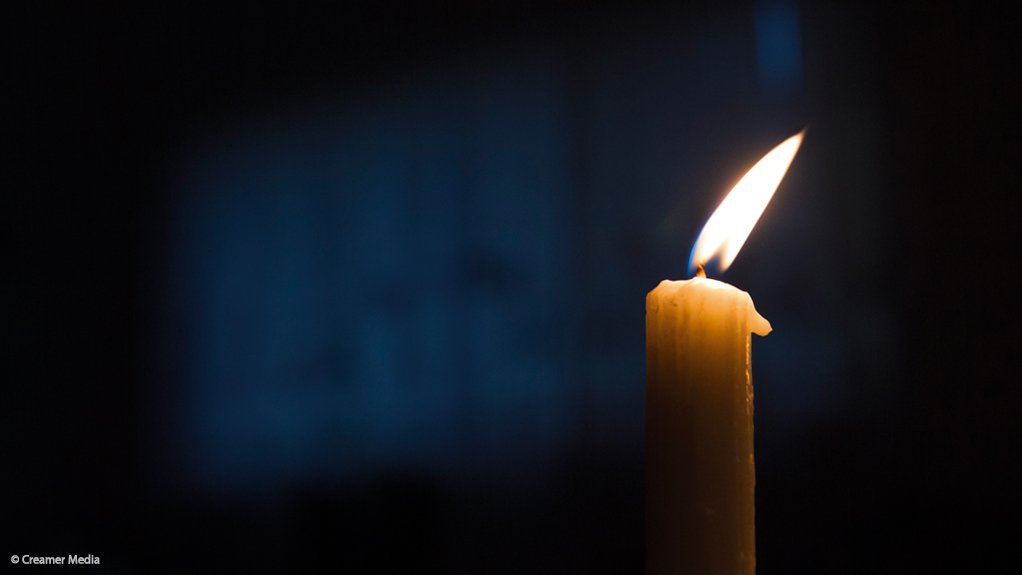Eskom switched from stage 2 to stage 1 load-shedding at 06:00 on Friday morning.
Stage 1 load-shedding will continue until 23:00 on Friday evening.
"This is as a result of an improved prognosis for the day as some generating units return to service," Eskom said in a statement. As at 04:00 on Friday morning, unplanned breakdowns at its power stations reached 12 098MW. Eskom blamed "inadequate maintenance over a number of years" for the breakdowns.
On Thursday morning, breakdowns were at 14 000MW.
Anything above 9 500MW means that Eskom has to resort to emergency power generation: open cycle gas turbines and pumped storage hydro electrical plants. These are very expensive ways of generating power, particularly gas turbines as they require large quantities of diesel. They can only be used for short periods before diesel and water reserves run out.
"Our pumped storage schemes have been sufficiently replenished and we continue to work to improve on the levels of diesel at our open cycle gas turbine generators," Eskom said on Friday. "These emergency reserves will be used to supplement generation capacity today."
"Our intention is however to use as little diesel as possible in order to manage our costs. Our diesel generators will therefore only be used in the event of emergencies to back up our other units."
Eskom has not managed to keep unplanned breakdowns at below 9 500MW - the level at which it is forced to consider load-shedding - for a single day since December 4, 2019.
Unexpected bouts of load-shedding in January - a time of low electricity demand - was triggered by the failure of a conveyor belt feeding coal from Exxaro’s Grootegeluk mine to the Medupi power station in Lephalale, Limpopo.
The 7km-long coal conveyor belt is supposed to transport 4 000 tons of coal per hour to Medupi. The belt first started giving problems in October, when the tail-end of the belt suddenly snapped and twisted, with the weight of the coal damaging the machine.
EMAIL THIS ARTICLE SAVE THIS ARTICLE
To subscribe email subscriptions@creamermedia.co.za or click here
To advertise email advertising@creamermedia.co.za or click here











